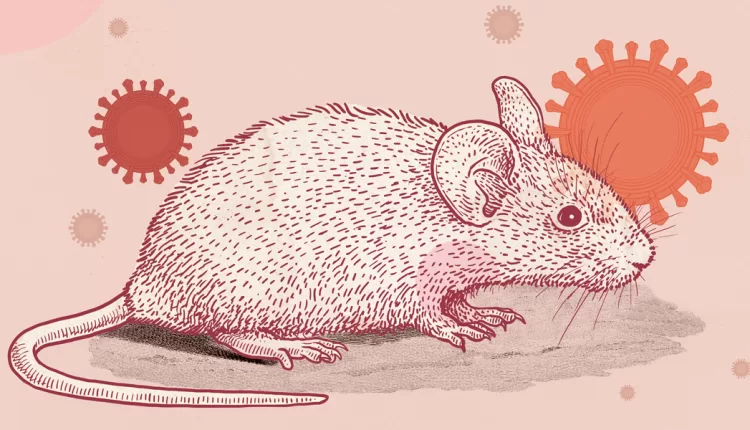COVID-19 Found in New York Rats: Study Warns of Possible Transmission to Humans
A new study has revealed that rats in New York City can be carriers of COVID-19, which poses a potential threat to human health. The study, which was published in the open-access journal of the American Society for Microbiology, mBio, found that New York rats are susceptible to three COVID-19 variants.
Rats and COVID-19 Transmission
The study warned that infected wild rats have “ample opportunities” to interact with humans, which is a cause for concern. This is because, historically, rats have been known to transmit diseases to humans. For instance, the Black Death that ravaged Europe from 1347-1351 was transmitted to humans through rodents.
Although the Center for Disease Control and Prevention (CDC) has stated that animal-to-human transmission of COVID-19 is rare, the new findings highlight the need for further examination before drawing any conclusions.
New York’s Rat Population and COVID-19
New York City has an estimated rat population of 8 million, and the study found that infected wild rats have “ample opportunities” to interact with humans. This is because rats are commonly found in urban environments, and they have been known to forage in garbage cans, dumpsters, and other areas where humans dispose of their waste.
The Study
The study is based on virological studies and genomic sequencing conducted on samples from 79 rats captured mostly from parks in Brooklyn and around locations that were surrounded by wastewater systems. Of the 79 rats tested, 13 tested positive for COVID-19.
Dr. Henry Wan, the principal investigator of the study and director of the Center for Influenza and Emerging Infectious Disease at the University of Missouri, said that the new findings highlight the need for further examination of the risk of the virus “in rat populations to determine if the virus is circulating in the animals and evolving into new strains that could pose a risk to humans.”
Conclusion
The study’s findings reveal that animals can play a role in pandemics that impact humans, and it’s important that we increase our understanding of animal health to protect both human and animal health. Although the study’s findings are a cause for concern, further research is needed to determine the extent of the risk of COVID-19 transmission from rats to humans.

